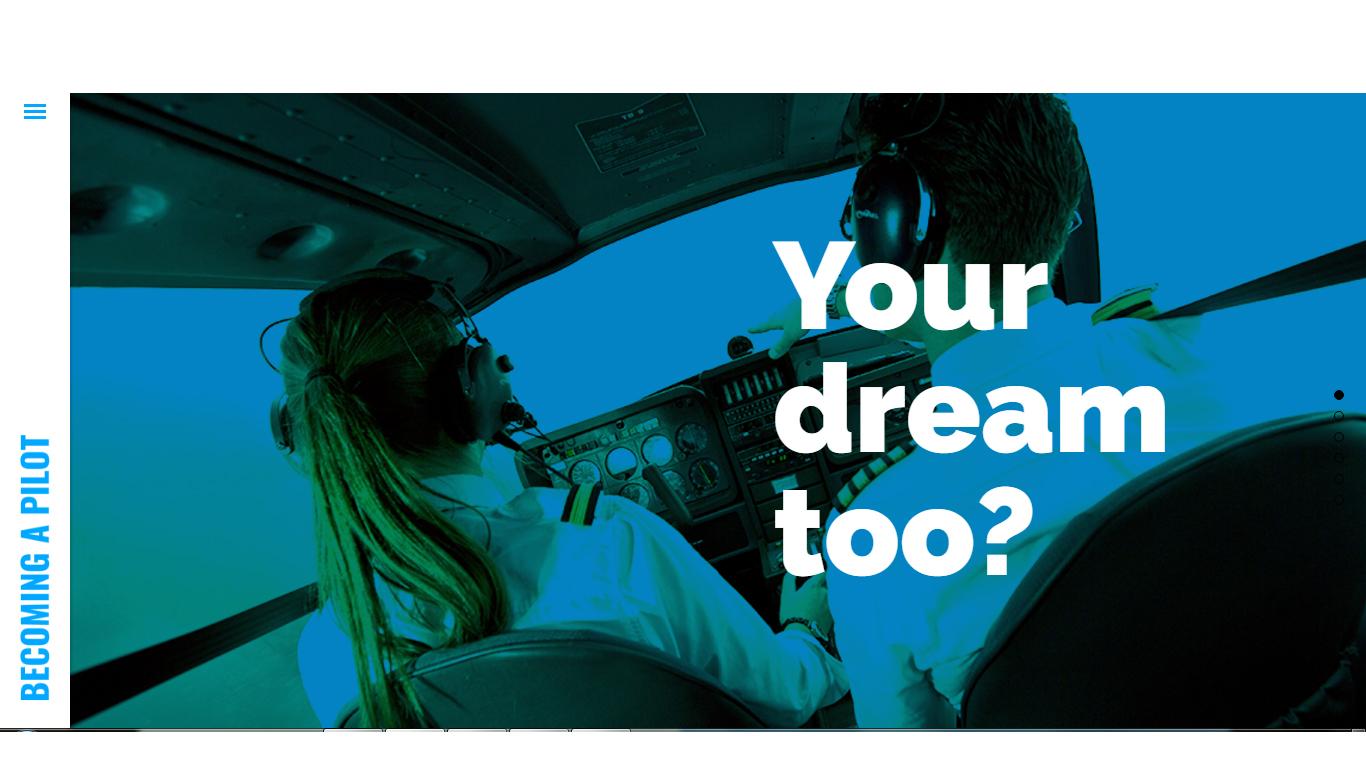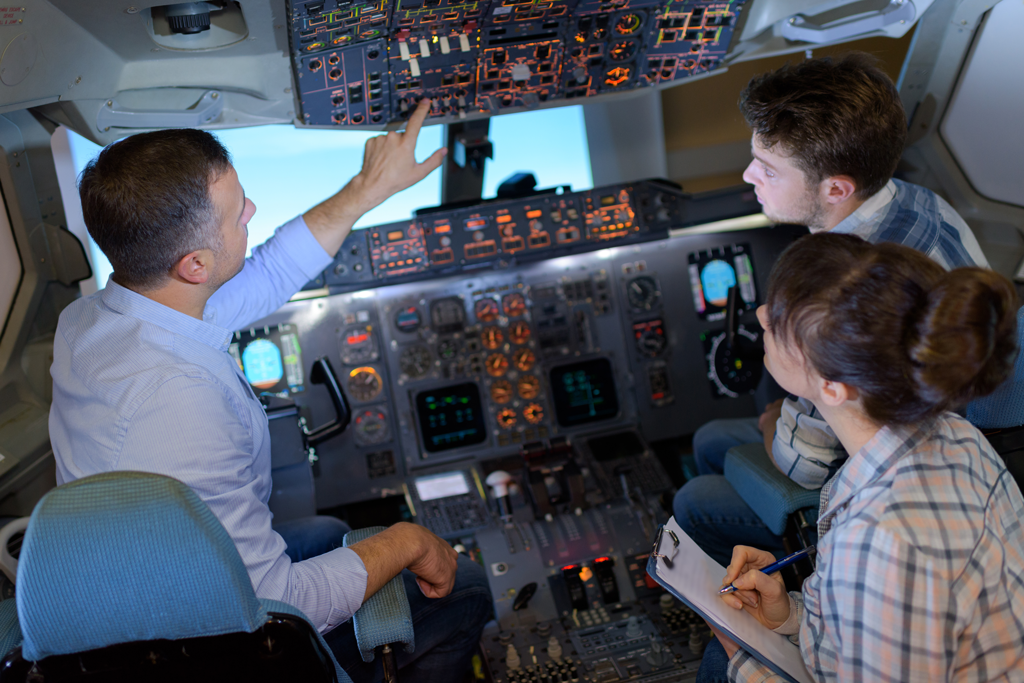

The truth about pilot shortage is far more elaborate than what many in the industry are trying to portray. Factors such as the region, type of operation, experience level of the pilot group need to be considered each time we speak about “the pilot shortage”.
So it’s time we stop talking about the pilot shortage and how to fix it. Instead, it is time the industry and aviation authorities look at the policies and practices for attracting, selecting, training and enabling the right talent, as well as providing an attractive and stable career. In a series of articles, we will give our views on how these could be achieved.
This point of view can certainly lead to heated discussions with camp A saying that not just anybody can become a pilot, since you need a very unique skillset to become one. Camp B would disagree saying that most of these skills can simply be trained. Whereas in the past airlines were able to recruit some of their crews from the military, today the supply from this group of pilots has dropped significantly. In parallel, over the past decade airlines shrank or completely stopped their own training programmes, which used to be the main source for crewing their planes.
The liberalisation and outsourcing of pilot training swayed the pendulum in the opposite direction. An attractive marketing pitch by training organisations sold a childhood dream of becoming a pilot for more or less €100.000. Suddenly almost anyone with deep pockets could become a pilot.
But it turns out, accepting candidates predominantly on the basis of who can afford to pay the very high costs of the program is not good for the airlines. The profession has become accessible to candidates with questionable set of skills, and low motivation and capabilities.
The sad fact is that once out of flight school, some graduates are very often faced with the reality that a licensed pilot does not necessarily equate to a skilled or qualified pilot up to a standard of an airline.

The lack of oversight on the quality by National Aviation Authorities (NAAs) is one of the problems in most EU countries – there is no prescribed legislation on Approved Training Organisations’ (ATOs) quality, only on the syllabus leading up to a license (frozen ATPL). At the end of the chain the airline is the only judge of whether the quality of the graduated pilots is up to their standards. Or not! This explains better why airlines keep saying there is a pilot shortage, while in fact there are plenty of license holders and pilots with low flight hours on the market.
ECA has been advocating for the industry to seek early-stage engagement with the next generation of professional pilots, in order to create enthusiasm, motivation and explain both the opportunities and the challenges that are out there. Were airlines actively engaged in the pilots’ recruitment process they could set necessary requirements – additional to the default standards. The only one who knows best what the operational needs of an airline are, is the airline itself.
The industry would also benefit if an objective process for selecting the most talented future pilots existed before they start their training. Currently there are no proper pre-assessment procedures or standards on European level.
Last but not least – the elephant in the room – many Approved Training Organisations (ATOs) see pilot candidates as cash cows. Independent and effective pre-assessment would reduce the risk of a conflict of business interest by ATOs keen to get a new ‘customer’ irrespective of their skill or ability.
There are a range of factors that human resource specialists and managers need to consider when looking to attract applications from high quality candidates with the right capability and potential. Strong internal motivation makes a big difference in an individual’s chances of persevering with the rigors of training, through recruitment, and with the demands of the job throughout a career. Being a pilot means long and irregular working hours (sometimes at night), calls from standby often at very short notice and the duty rosters, which make many family and social commitments difficult to accommodate.
Being a pilot is also a job that requires knowledge, a specific skillset and determination that very few other professions need. So it’s fair to say that many people can become pilots – but only those with the right skillset and motivation should.
In our next article will look at where we can find these skilled, talented & motivated future aviators. Want to read more already now: check out the Pilot Supply Position Paper
